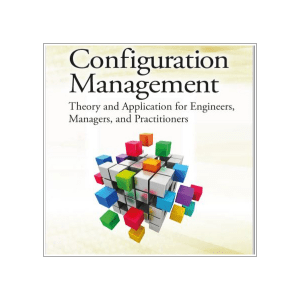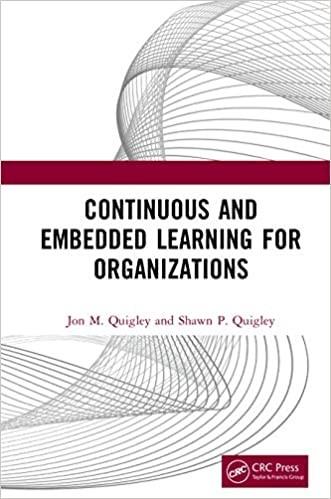The requirements are the reason for the project and development work. Requirements set the expectation for the final product. Either these are achieved or there are reasons communicated to the stakeholder to alter or eliminate specific subset of the requirements. Requirements management requires an understanding of the connection between the requirements, the project objective, and ultimately the work of the project. Requirements management includes commitment to meeting the requirements, the bi-directional traceability of the requirements from customer input to instantiation of the product as well as addressing requirements changes systematically.

Commit to Requirements

To reach the objective the organization must stand behind the requirements. If the organization is not able to commit to meeting the requirements there is no sense in undertaking the project. To be able to commit to the requirements means understanding the requirements without understanding the commitment is hollow.
Evoke Requirements

There are a number of approaches available to evoke and documenting the requirements. To be able to gather the requirements necessitates knowing who will provide this information. Requirements are written in a very specific way to reduce the possibility of multiple interpretations. There will be metrics by which the requirements will be compared to determine if these are written meeting the objective and where the interpretation is singular.
Work Performed and Requirements Discrepancies

The requirements are documented and the team moves to incarnate the specifics that will constitute the product or system over time. A comparison of the work being performed and the work products are conducted periodically to uncover any deviation from the objective. Once uncovered the project and product development work will be altered to ensure that the work being performed is to deliver the expectations defined in the requirements.
Manage Requirements

Managing the requirements is where inconsistency in the requirements from the project objectives as well as maintaining the interconnectivity and dependencies between requirements are maintained. Any inconsistency in the requirements will require corrective actions. As the projects progresses, changes will likely happen, managing the changes and adaptation to the requirements will also be part of managing requirements.
Requirements Traceability

At any time in the product development lifecycle there is a traceable connection between the requirements and the project objectives and plans. This makes identification of the contents of the product at any given point; that is a connection between an instantiation of the product and the requirements through to the project objectives. This connection ensures the requirements; product development and project effort are aligned to produce the desired project results.
Requirements management – consists of the approaches we use to evoke, prioritize and document the expectations of the product. This includes the quality attributes of the articulation of those requirements along with managing the changes and traceability of the requirements to the customer’s needs or demands.
- Smart File Requirements Management Standards
- PD&D Understanding Real Demands On the Product part 1
- PD&D Understanding Real Demands On the Product part 2
- Embedded – Using requirements planning to collect analyze and meet product goals
- Bar code test: STANDARDS: ARE THEY IMPORTANT AND WHY?
- All Dev Teams Write Documentation. But Do Users Read It?
CMMI Tracking
Pugh Matrix






